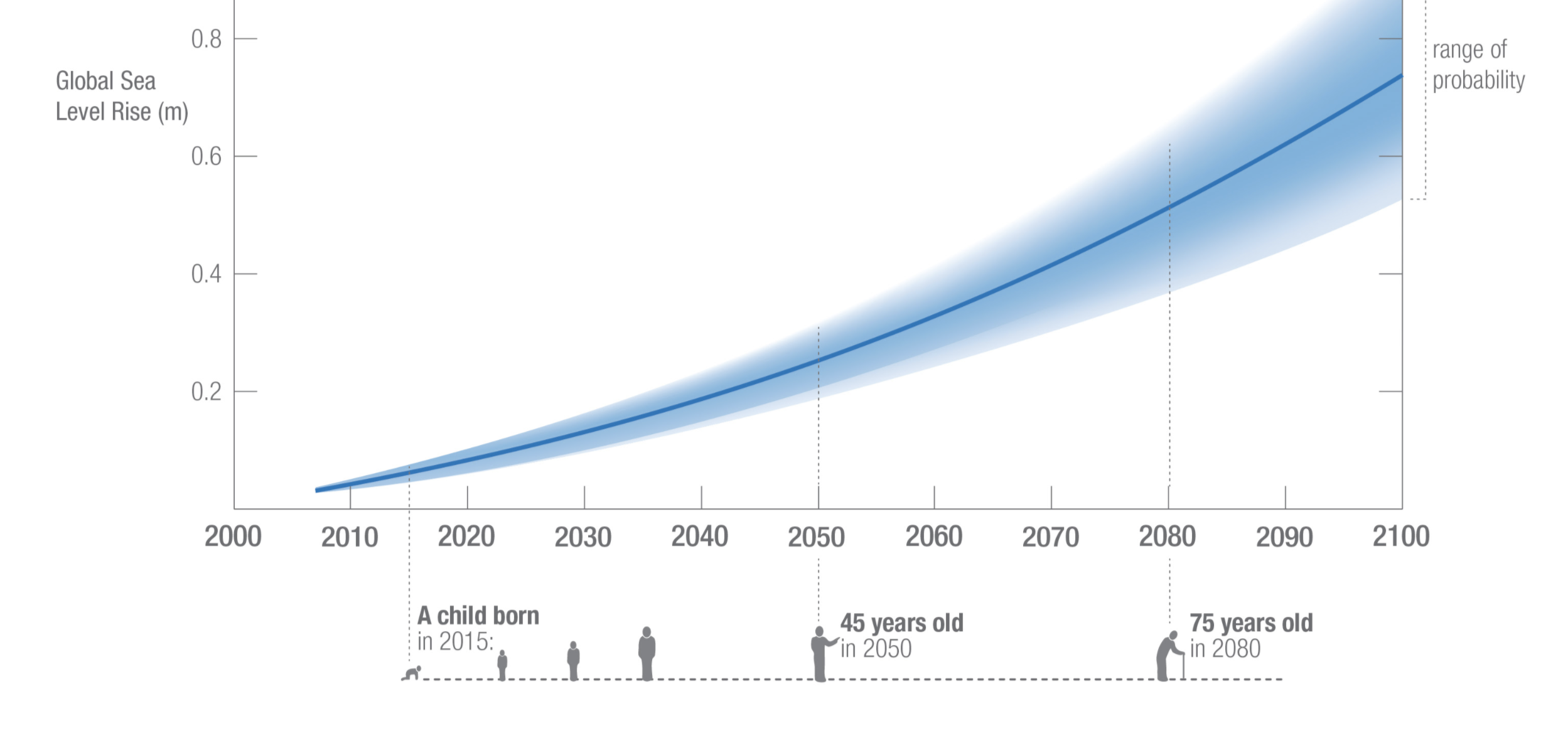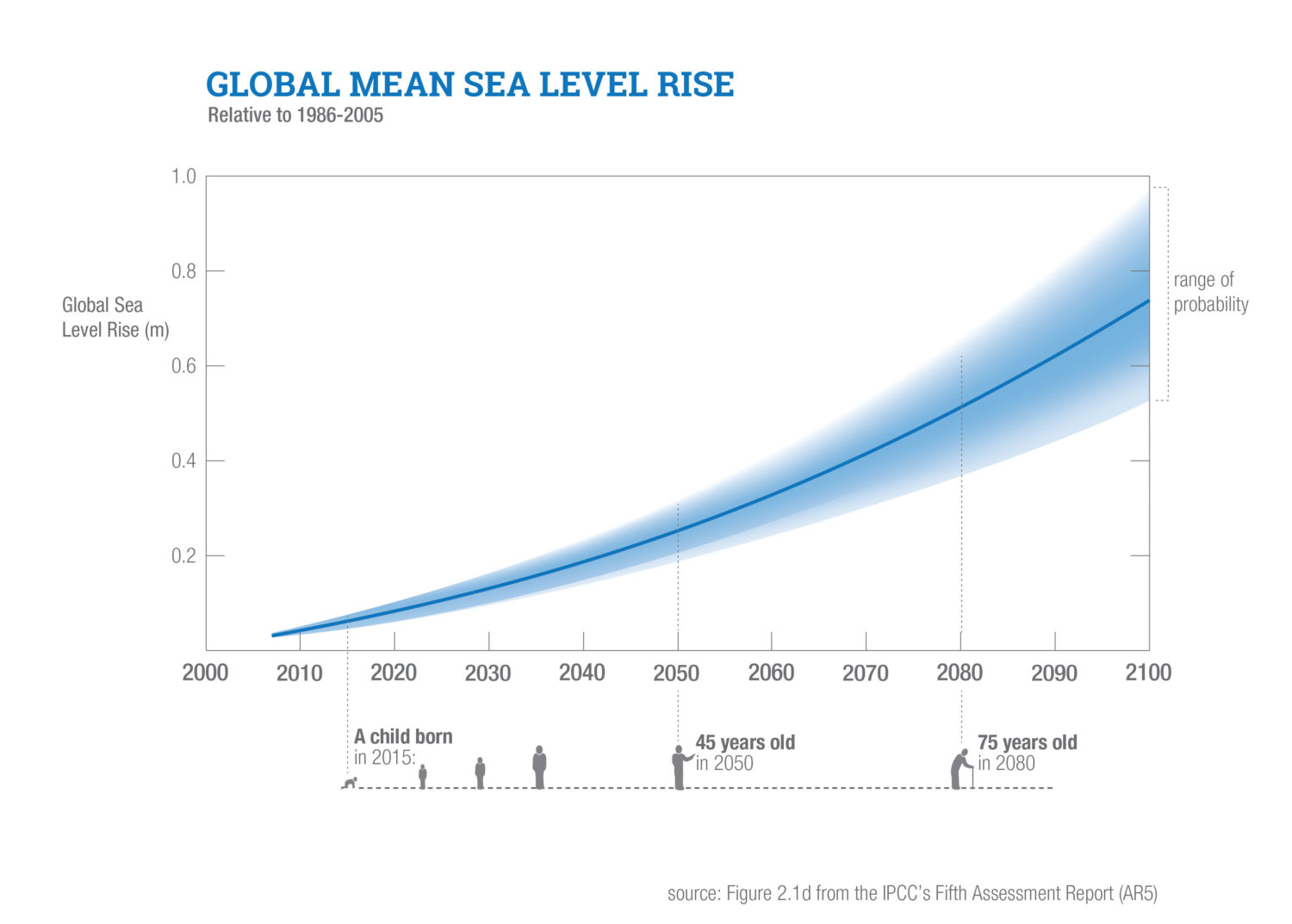How can we help people act more sustainably?
According to a series of studies from the Harvard Business Review, ‘seeing’ ourselves in the future helps us make decisions that prioritize long-term benefits to our future selves (over short-term gains).
One study had half of participants interview digitally-aged avatars of themselves. Then participants did a seemingly-unrelated exercise to divide a budget. Those who had interacted with their future selves allocated twice as much of the hypothetical budget to retirement.
There’s already a lot of literature showing that response is stronger when you people are given vivid examples -those that touch them emotionally. So these studies seem to suggest that long-term thinking can be accessed through establishing emotional connection with the future.
In sustainability, ’the future’ is already plastered throughout tag lines and campaigns: “for our children” or “without compromising the ability of future generations to meet their own needs” are common examples. However, these phrases often aren’t positioned in a way that helps the ‘future self’ of individuals become visible. Maybe instead of talking about the future in vague, society-oriented terms, we should spend more time helping people see themselves in their own future. This could involve helping people understand the ways in which data or information parallels with their own, individual future. Or how trends over time align with their children’s existence.
So let’s help people first envision their own futures; in order to prepare individuals to understand the important role that sustainability plays in life.


